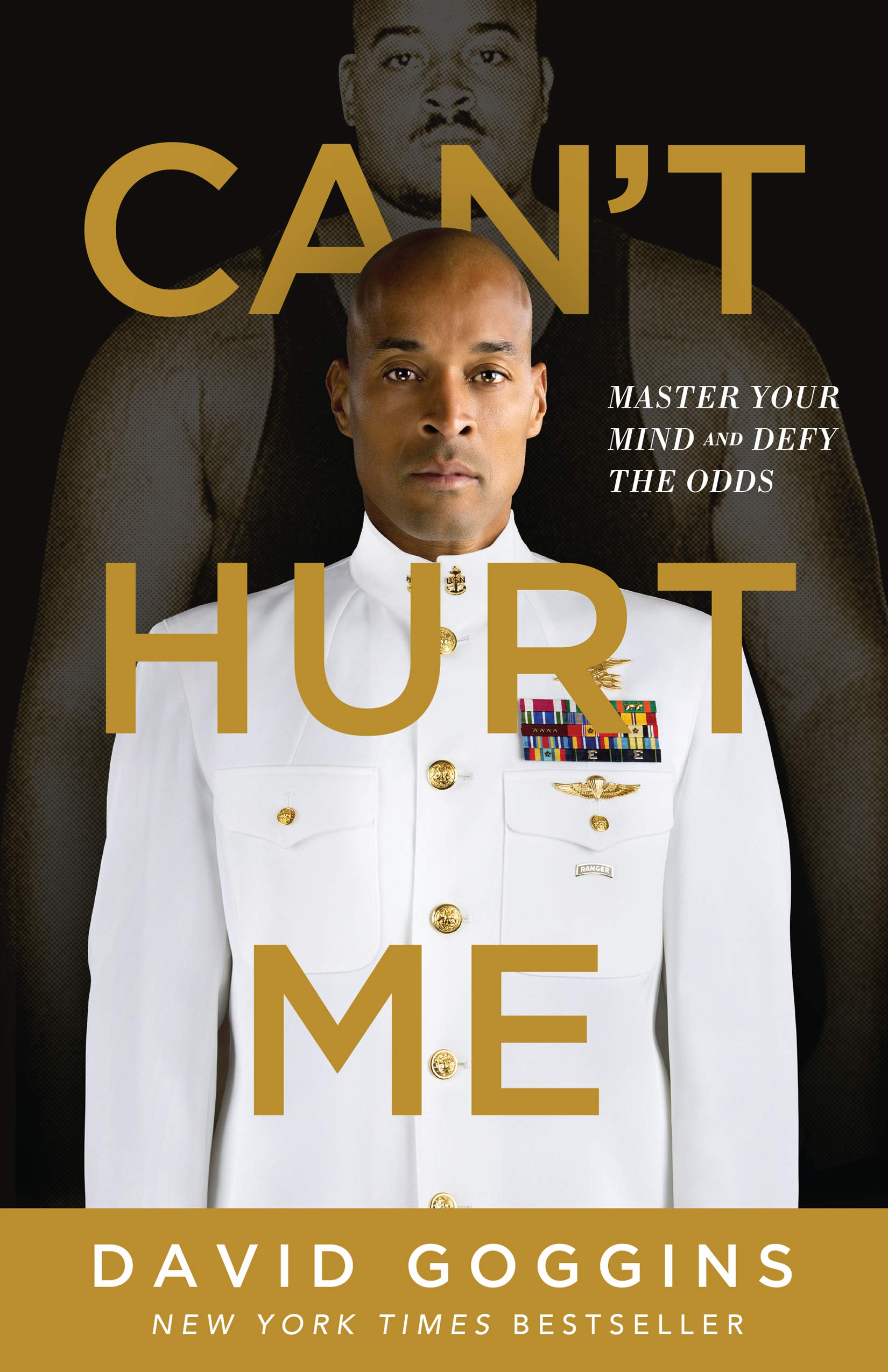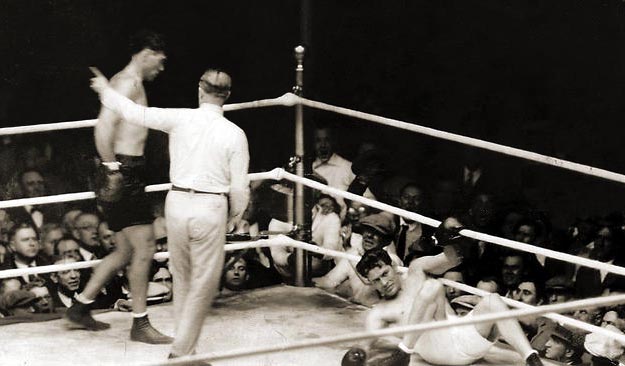It’s not
often I read something from this century, but I recently picked up David
Goggins “Can’t Hurt Me” and read the entire thing over 2 sittings, and after
putting out some feelers there was some demand from my readership to give it a
review, so here we go.
BACKGROUND

This is a good summary
If you’re
completely unfamiliar with who David Goggin is, he’s a retired Navy SEAL and an
extreme endurance athlete that has competed in dozens of ultramarathons along
with triathalons and other races (I’m not too smart on what’s out there in the
race world). He’s been featured on
several podcasts, and as much as I can’t stand the medium, I actually watched
him on both Joe Rogan Experiences he’s been featured on and found them very
entertaining.
This wasn’t
my first exposure to Goggins: I had actually first learned about him from the
book “Living with a SEAL” by Jesse Itzier, which I picked up expecting to be a
comical romp and ended up being something I read entirely in the span of one
sitting and found pretty captivating.
Particularly, the SEAL and ultramarathoner featured in the book seemed
to share my sentiment regarding training: it sucks and we hate it. That said, I also found myself having many
moments of doubt regarding the stories told by the author.
Since I’m
not reviewing THAT book (though I recommend it), I’ll give you a very quick
overview on the premise: Jesse Itzier hired David Goggins as something of a
live-in personal trainer for a month because he wanted to experience how David
lived and trained, and Goggins put him completely through the ringer. Because the story was told from the
perspective of the trainee talking about the trainer, I assumed there were bits
of hero worship and embellishment blended in, and in some cases assumed we were
dealing with outright lies. The book was
still an entertaining read, and demonstrates how interesting of a character
Goggins is.
THE BOOK ITSELF

“Can’t Hurt
Me” clocks in at a pretty hefty 360+ pages, but the font isn’t small and there
are occasional pictures. Having spent the majority of my leisure time reading
19th century German Existentialism, this was a VERY easy read, where David says
what he means and writes in a very easy to digest manner.
The first
100 or so pages are David’s childhood, and it was ROUGH. As a parent, it’s tough for me to read about
someone treating their kids as poorly as David’s dad treated his family. My heart broke for him, and I honestly think
I read so much in my first sitting because I didn’t want to put the book down
during such depression. Just be aware
that, if you are sensitive to such plights, it might be tough to get through.
If you are a
fan of military heroism ala Richard Marcinko’s “Rogue Warrior” (the
autobiography, which I highly recommend as well, but I can’t vouch for the
fiction works), that’s not to be found here.
David talks primarily about military training rather than actual
operations, so there’s quite a bit about his time going through SEAL Hell Week
(BUD/S), Army Ranger School, Delta Force selection, etc, but about the only
mention he makes of his work as an active duty military member is discussing
recruiting efforts. This is most likely
by intention, and two-fold: it seems that many special forces members are
reluctant to discuss actual operations in public, and David’s focus tends to be
on experiencing misery and overcoming, with selection processes giving ample
opportunity to discuss that.

For the love of god, you want the FIRST one
David is
incredibly human, despite appearances of super-human abilities. In turn, the book does not follow the
traditional “3 acts” one sees in plays and movies, primarily because life
doesn’t unfold that way. David has highs
and lows occur throughout the book which means that the reader can’t just settle
back after the first 200 pages, assume the rough stuff is over and then settle
in to absorb all the good vibes and victories.
You need to be paying attention to when mistakes are being made to be
able to learn FROM these mistakes without having to make them yourself. It’s not just the victories that are worth
learning from, but the failures as well.
About the
only thing that’s really jarring about the book is that David tries to sell it
as a self-improvement book rather than an autobiography, and it gets a bit on
the nose. He starts out by telling you
there will be 10 challenges in the book for you, as the reader, to face, and
each chapter ends with a summary of the chapter, what lessons were learned,
what the challenge is for the reader, and then instructions to upload photos or
stories of yourself completing the challenges along with the appropriate
hashtags to post to be able to share them.
The book came out a year ago and this has already aged poorly, and will
fundamentally be silly when read 10, 20, 30+ years from now. It honestly has to be the work of a ghost
writer, because it’s just so completely out of character with the rest of the
book. That said, David s trying to start
an online business based around his personality, so don’t hate the player.
THE TAKEAWAYS

This is a good one
Once again,
I had an understanding of David Goggins before picking up the book, and
fundamentally wanted to read it to hear his perspective first-hand, rather than
relayed by a trainee. It did not
disappoint in that regard. I can’t say I
particularly “learned” from Goggins, but more spent 300+ pages agreeing
adamantly through the process, similarly my experience reading Jon Andersen’s
“Deep Water” book. It’s nice to find that there are other people that share my
mindset, especially when those other people are significantly more accomplished
than I am.
The biggest
point Goggins makes is how unfun and uncomfortable the experience of becoming
better is. Goggins is an ultramarathoner
that hates running, he was a Navy SEAL that was negative buoyant (meaning he
sinks instead of floats in water, a quality I also share with him), he had to lose 106lb in 3 months to join the military because he likes
food and dislikes training so much, etc etc.
It’s so refreshing to finally read someone that ISN’T talking about how
you have to LOVE the process and that this is a passion and training is their
life and how it’s all they want to do etc etc.
I’ve always said the same thing whenever I’ve heard that “you’re not
training hard enough”, and David is proof of concept that, when you are working
hard enough to make REAL changes, the fun absolutely stops.

Not pictured: fun
But that
also ties in perfectly with what else is great about this book: David’s
emphasis on how many of our limitations are products of our mind. David
espouses a “40%” principle, which basically boils down to, at any given point,
when people think they’re “giving their all”, they’re only giving 40% of their
all. I LOVE that point. For lifting, we see that ALL the time. Kids who SWEAR up and down on a stack of
Bibles that they’re going as hard as they possibly can in training, and then
you finally get to watch a training session and see just how much they’re not
putting out. David talks about how the
mind can put a governor on the body that limits its output, and how, through
constant agony, pressing and overcoming, one can improve their ability to tap
further and further into their potential.
Reading
about some of the absolutely insane things David has accomplished should
hopefully shine some light on the reader about what the human body is capable
of. As painful as it is to read about
David’s childhood and upbringing (painful due to the horror of his experiences,
rather than as a matter of writing style), it illuminates to the reader that
David is a human: flawed and limited like the rest of us. In turn, you’re not
reading a story of a super human doing super human things, but about a REGULAR
human doing super human things. When you
read about doing a 100 mile race with ZERO prep, armed with only a box of Ritz
crackers and some protein shakes, it starts to dawn on you that maybe you can
get up at 0500 and go lift some weights without a pre-workout, 2 hours of
stretching, devil worship, intra-workout protein and carbs, and 27 warm-up
sets. Or that maybe you can add a few
miles of running to your training plan without it catabolizing all of your
muscle.
SHOULD YOU GET THE
BOOK?
Yes,
absolutely, without a doubt. It’s an
easy read and has a lot of great lessons in it.
Based off some stupid stuff on amazon, I should apparently warn you that
it contains a fair amount of profanity in it.
Honestly, if you’re shocked to find out that a Navy SEAL ultramarathoner
employs a great deal of profanity, you most likely aren’t understanding just
how much suck he’s undergone.





